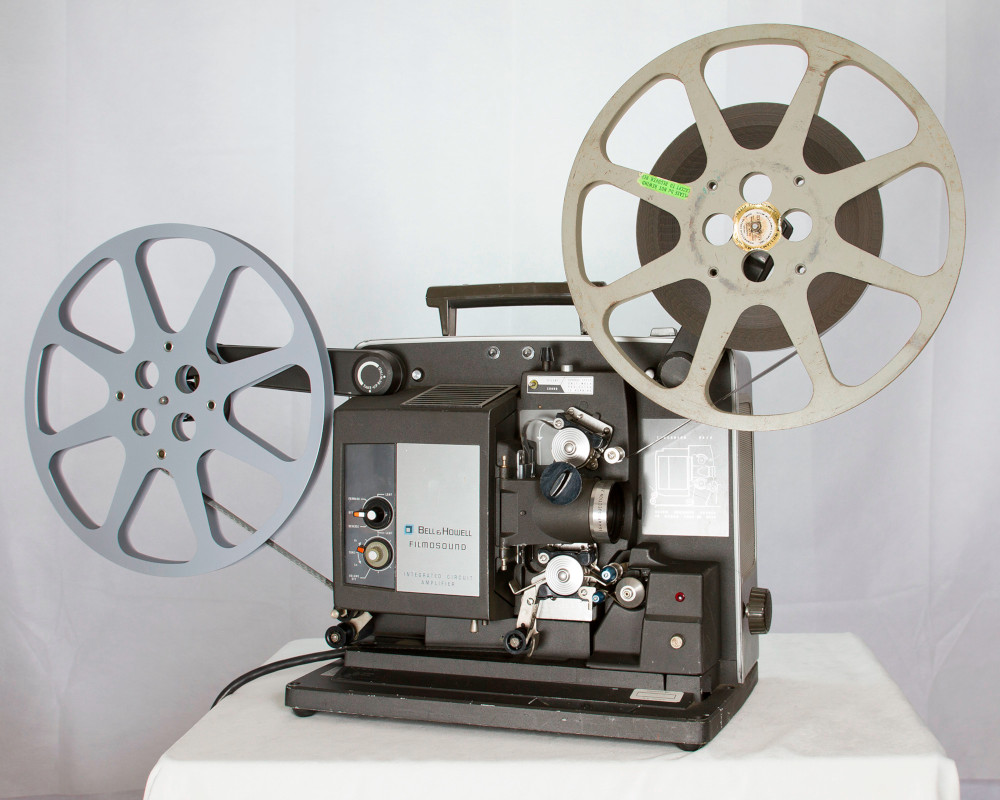An Obadiah Slope column.
Obadiah grew up suspicious of culture. We were not a big movie-going family, for example. And television only crept into the household after an older brother bought his own TV. Until then, it was half an hour of TV a week, over the road at the neighbours with a pet kangaroo.
That’s often seen as an old-fashioned, fundy type of Christian reaction to culture. But two recent events reminded Obadiah that his parents’ caution had something going for it.
“‘Romeo and Juliet’ Stars Sue Paramount for Child Abuse Over Nude Scene in 1968 Film” is Variety’s headline for the news that the two teenagers who stared in the Franco Zeffirelli movie are suing, alleging sexual abuse.
Olivia Hussey and Leonard Whiting are now in their seventies, but they were 15 and 16 at the time that they filmed intimate scenes in the movie while they were naked. “The suit alleges that Zeffirelli — who died in 2019 — assured both actors that there would be no nudity in the film and that they would wear flesh-coloured undergarments in the bedroom scene,” Variety reports. “But in the final days of filming, the director allegedly implored them to perform in the nude with body makeup, ‘“’or the Picture would fail.’”
Variety notes there was no #metoo. Molly Ringwald, the star of the John Hughes teen pic Breakfast Club, wrote a New Yorker essay on rethinking her role in the movie after her ten-year-old daughter wanted to watch it. She ends up being the uncomfortable one. And went on to reconsider scenes in the three John Hughes movies she starred in (Sixteen candles and “pretty in Pink”. They were not as innocent as she thought at the time. The scenes she recalls would be criminal today.
“What to do when the films of your youth all involve sex crimes?” asks Jacqueline Maley in The Sydney Morning Herald.
Maley writes of a Breakfast Club scene: “On reading the essay recently I was surprised, and then saddened, to realise how easily that scene (of a possible indecent assault?) had been subsumed into my teenage consciousness.”
Well, Maley’s youth, not mine. A quasi-fundamentalist upbringing shielded me.
It shielded me from having movies tell me what was normal, or at least to be expected.
There were real drawbacks to being raised to be tentative and nervous about the world. It took too long to realise that being pleased that I could achieve at a job or interested in ideas was not unworldly.
But to be cautious about the power of movies and cultural media generally to shape our views? That was wise.
Image: Bell & Howell Filmosound 535T 16mm sound movie projector Credit: Carbon Arc

